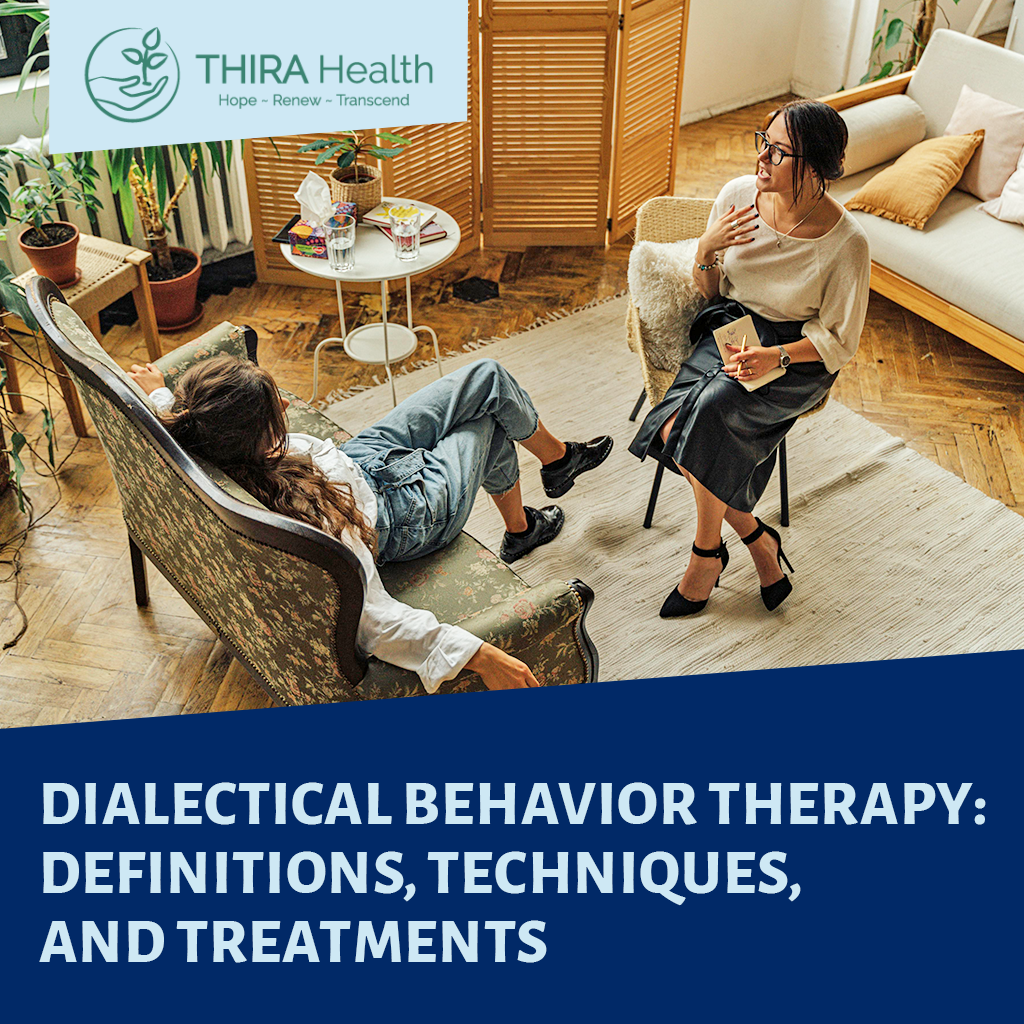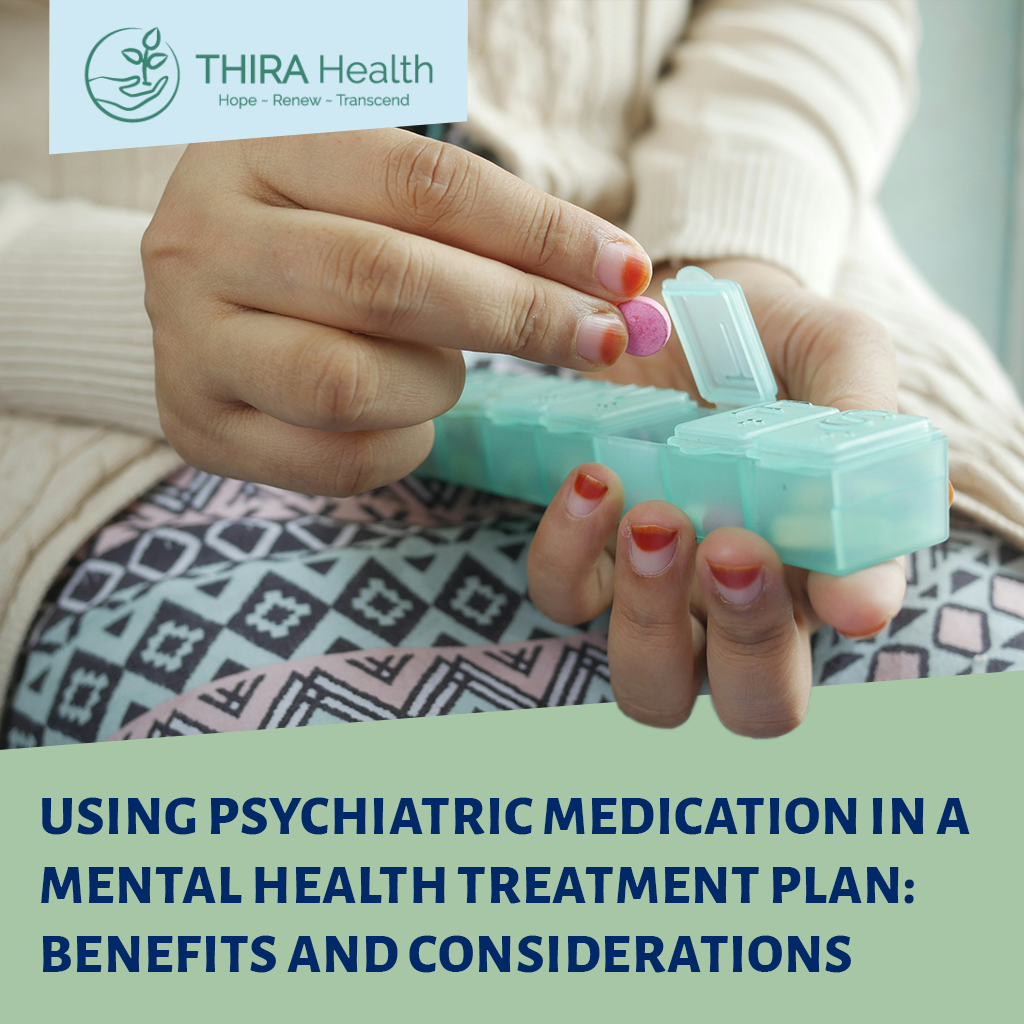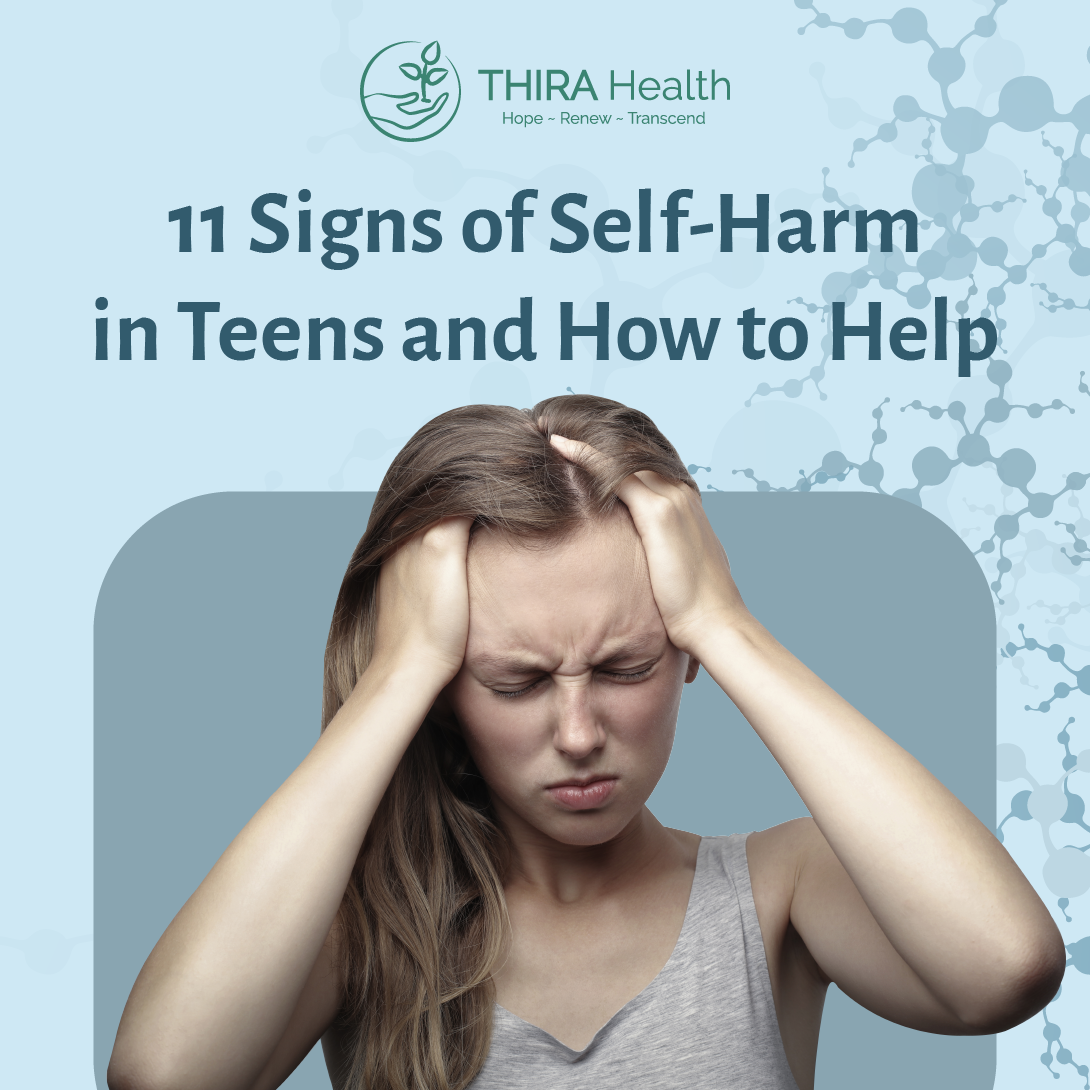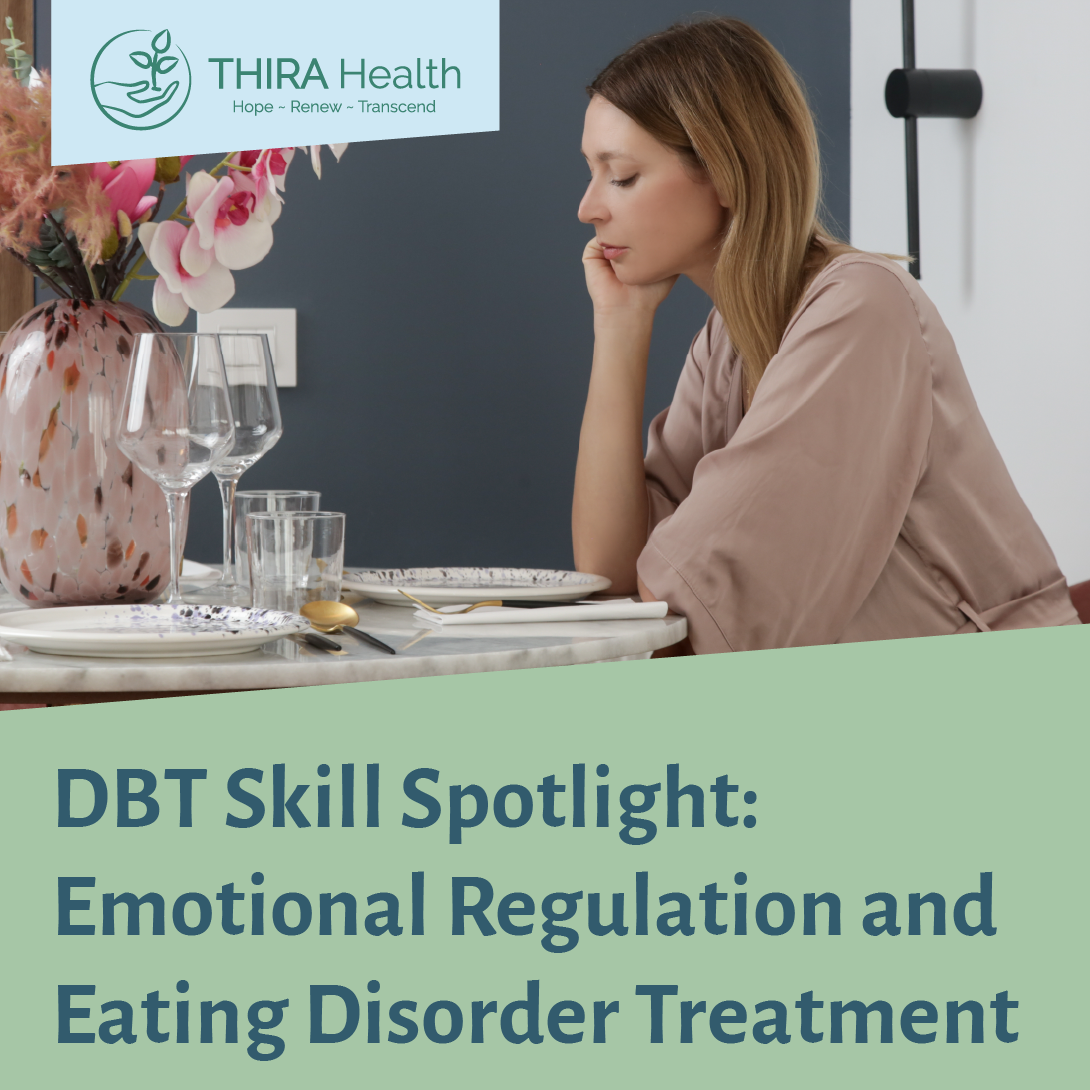The characteristics of a fad diet are built around the intense, contagious enthusiasm for a niche weight-loss strategy, and the general promise of a faster and easier pathway to results. These crazes seem to emerge without scientific credibility or precedent, and are most often accompanied by the toned abdomen of a popular, fast-talking swami.
Unfortunately and predictably, the individuals who are most easily victimized by the false pretenses of a fad diet are those concerned with so dramatically altering their physical appearance that they resemble another person—and to make matters worse, they want a shortcut for doing so.
The language of dieting diversions is meant to exacerbate these feelings of insecurity and inaction, and to prey upon the confusion felt by an unsupported individual in need of healthful guidance. The desire to seek help fuels a weight-loss industry worth ~$66 billion annually, that includes everything from fad diets to pharmaceuticals to extravagant health club memberships.
This economy is rooted in the painful reality that a vast majority of American adults are overweight, and nearly 40% are clinically obese; a medical condition that dramatically increases the risk of Type 2 diabetes, heart disease, depression, fertility and respiratory breakdown, and cancer. A 2017 study found that obesity now drives more preventable deaths in the U.S. than smoking.
When trying to identify a diet that works for you, THIRA’s Resident Dietician Emily Fitch encourages you to consider these red flags:
- Does it claim to help you lose X amount of pounds in a short amount of time? This is probably just a result of fluid loss. Remember: diets have a 90% failure rate and are even tied to long-term health problems.
- Does the diet ask you to cut out major food groups or categories of foods?
- The Grapefruit Diet was born in the 1930s, and was also known as the “Hollywood diet.” There were two regimens: a 7-day and a 21-day version, both of which were very low-calorie diets (suggesting between 800 to 1,000 calories a day). The dieter consumed little except black coffee and half a grapefruit at each meal, with small amounts of salad and lean meat. “Experts” claimed that the fruit contains fat-burning enzymes that help dieters “lose 10+ pounds in 12 days.” Later, it was touted as a “detoxification” diet with some writers recommending apple cider vinegar along with the grapefruit in order to flush the system of impurities.
- Does the diet ask you to purchase multivitamins or meal replacement shakes?
- Fit Tea and Herbalife have both exploded onto the market via social media advertising. Weight loss teas have seen an unprecedented spike in sales, with their inventors seeing serious cash by reaching consumers via celebrity endorsements. “Detox” teas contain natural ingredients like senna leaves, moringa, and guarana. Unfortunately, none of these are proven to actually promote digestive health or lead to healthy weight loss. Senna is a laxative that can cause stomach pain and diarrhea; moringa is considered a superfood, but hasn’t been thoroughly tested; guarana is a ubiquitous ingredient in high-sugar energy drinks, and is known to raise blood pressure, with no known effects on weight loss.
- Does the diet claim to shed pounds in a short amount of time?
- The Cabbage Soup Diet, which became popular in the 1980s, was otherwise known as the “Dolly Parton Diet” and the “TWA Stewardess Diet”. Enthusiasts claim that with heavy consumption of low-calorie cabbage soup over seven days, users can lose 10-pounds of fat, thanks to a “miracle fat-burning” compound in the cruciferous vegetable. Nutritional experts argue that it’s nearly impossible to lose that much fat within a week, and that much of the weight lost is from dehydration of the body itself.
It’s important to remember that dieting regimes of all kinds have a high failure rate, and most people are cycling through this “health” industry year-over-year without satisfaction, oscillating between different weights, diets, and psychological hardships.
What’s scientifically certain is the negative outcomes associated with unbalanced nutrition will affect your ability to maintain a healthy physique and psyche. Follow our blog to learn more from Emily about dieting and the best communities for support on your journey to a healthier body.






